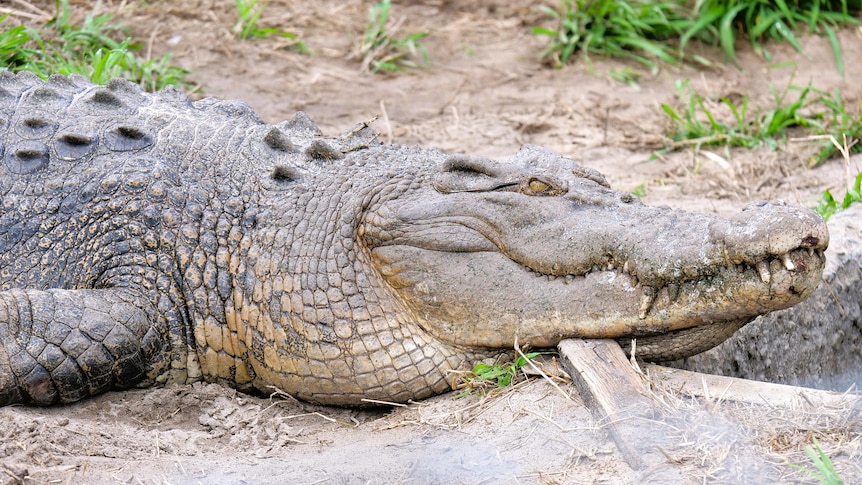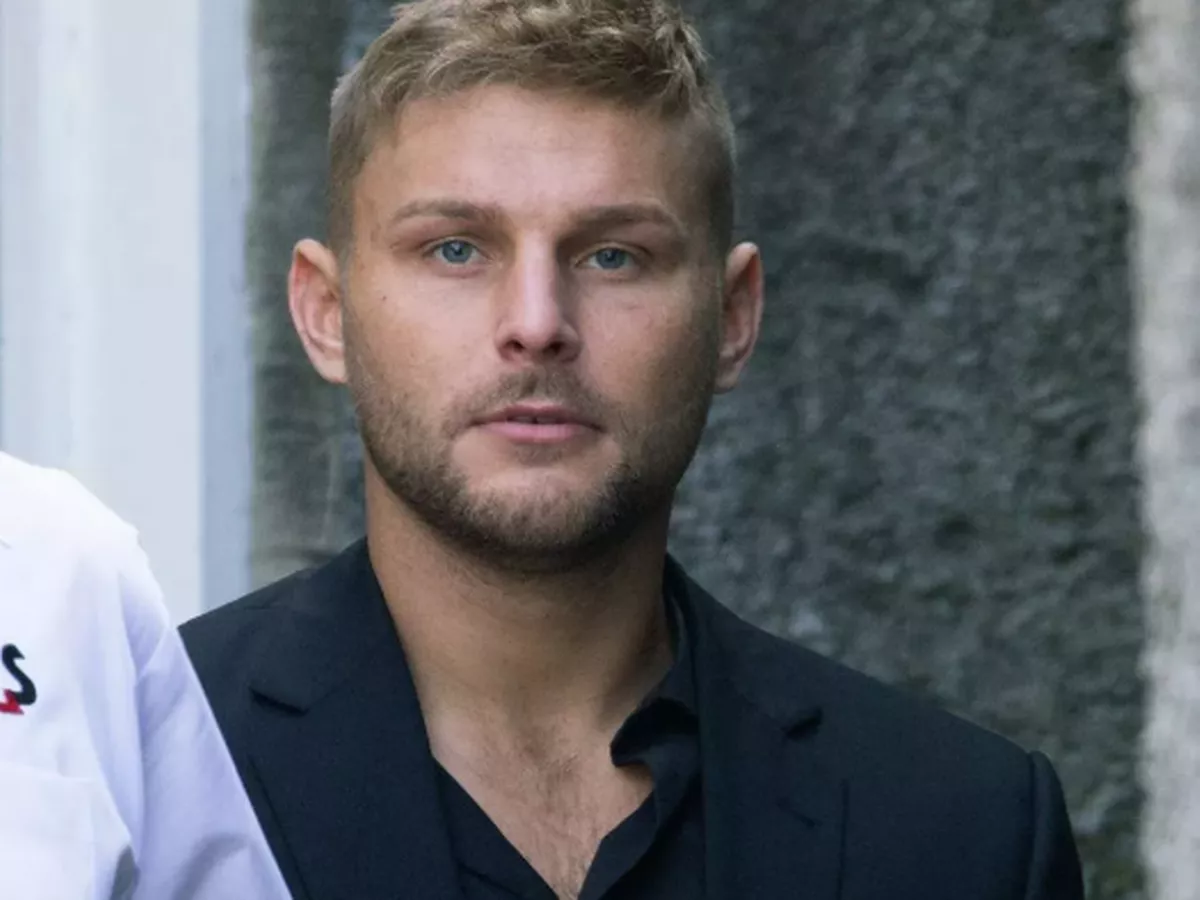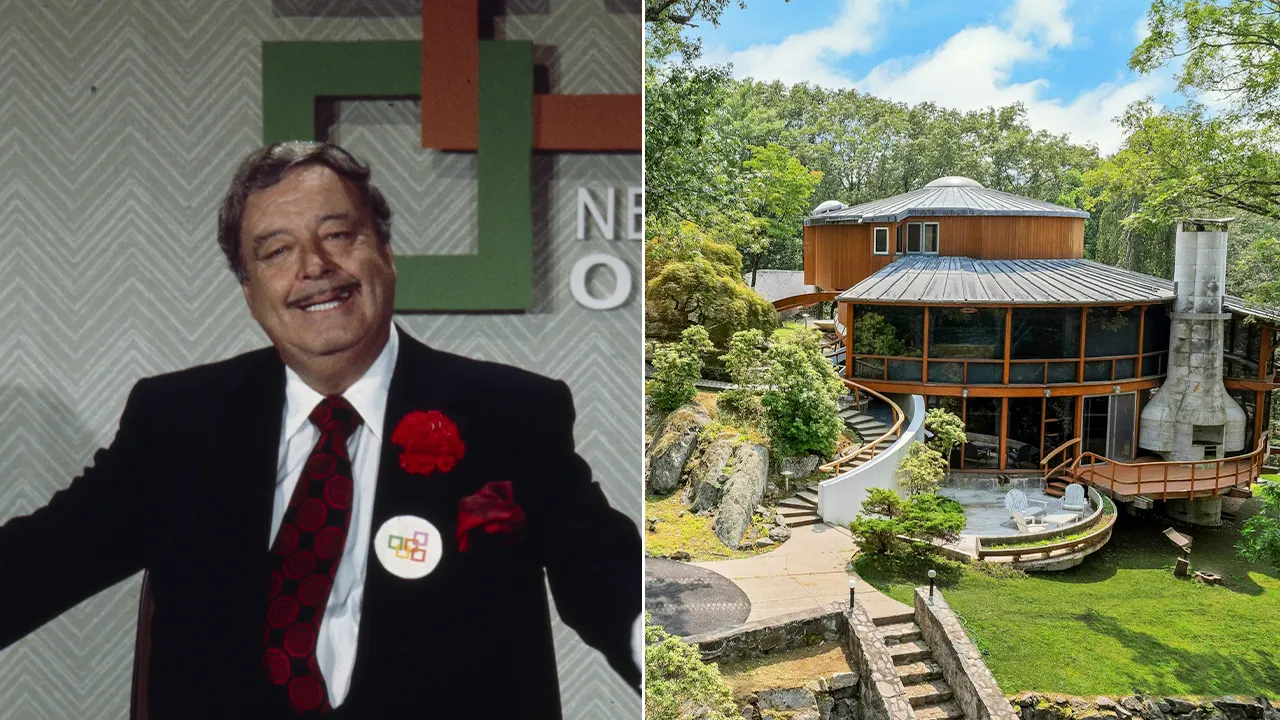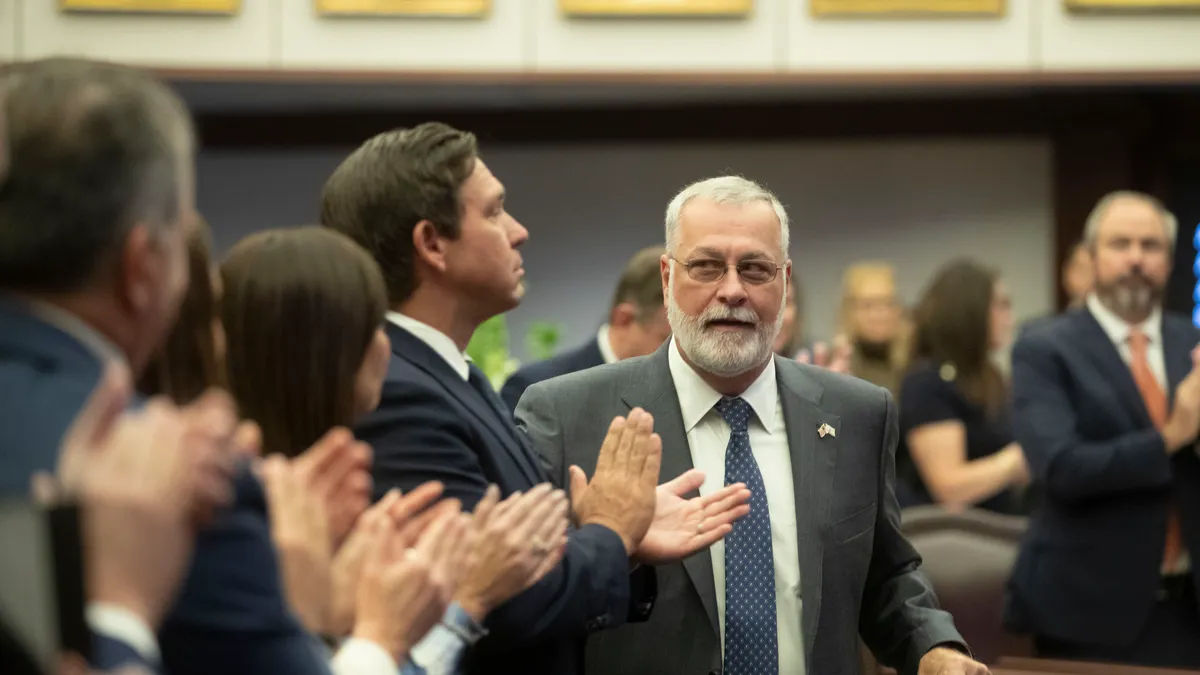By Freya Jetson
Copyright abc

As the weather starts to warm up in Queensland, crocodiles are looking for love.
In the wild, they’re crossing rivers, coastlines and creeks to find new territory ahead of breeding season.
But at the Koorana Crocodile Farm, in central Queensland, it’s more reality television dating show than nature documentary, with keepers working out the best pairings — and emotions are running high.
“We’ve got a saltwater croc here called Duke and he challenges every male,” farm owner John Lever said.
Duke has now been placed in isolation and will remain there until he calms down.
And that means his girlfriend will need to choose a different mate.
Mr Lever said Duke’s territorial behaviour was typical for males at this time of year, particularly if he has love on the mind.
“He’s producing hormones, he’s very territorial and going to challenge any other male,” he said.
Finding the right match is ‘crucial’
Crocodile matchmaking can be precarious as they don’t always get along.
“We put them in a pen with two water areas and a fence between them, so they can communicate,” he said.
“If you don’t pair them in the right way, you can start losing crocs.”
More to learn about croc behaviour
The Department of Environment estimates there are up to 30,000 saltwater and freshwater crocodiles in Queensland, mostly in the state’s north.
Cameron Baker, a postdoctoral research fellow at Charles Darwin University, said in the wild, crocodile mating could be a slow process, with not every reptile a fan of the local dating scene.
“Each individual [crocodile] has a different personality,” Dr Baker said.
“It could very well be different personalities, same as some couples in humans just don’t work together and are incompatible.”
Dr Baker, who specialises in ecology, behaviour and social structure of the saltwater crocodile, said communities of crocs that formed along rivers were influenced by both the environment and dominant males.
But Dr Baker said crocodile breeding season, from September to February, could up-end those communities and was a time when authorities warned people to be particularly careful around the ancient reptiles.
“We see the complete disintegration of these social communities [during breeding season] with females moving off to nesting and then males seemed to move switching between looking for a mate or food,” Dr Baker said.
Not just territorial males
Mr Lever said while the mating season rolled around each year, the reptile’s breeding patterns were unpredictable.
He recalled a 3.2-metre female saltwater crocodile that was brought to the farm from Sarina, south of Mackay, after the government requested it be removed from a suburban beach.
Saltwater crocodiles are a protected species that are relocated when deemed to be a “problem crocodile”, based on behaviour and location.
Mr Lever said he had high expectations from the croc — one of the largest he’d seen.
“I thought, ‘Wow, what a fabulous big girl’,” he said.
But while the farm’s female crocodiles lay an average of 43 eggs per year, Mr Lever said the Sarina croc laid none — despite causing chaos among eligible bachelors and scaring other females.
“She wanted them all to herself, so she kept the other females away from the males,” he said.
More than matchmaking
The dating game at Koorana, a commercial farm that supplies leather and meat to Australian and international business, is not only about helping the crocodiles find companions.
The farm also functions as an opportunity for researchers to spend more time observing and learning about crocodiles.
That includes a world-first project to protect female crocodiles from being attacked by their mates, by using artificial insemination.
Semen that’s been collected from some male saltwater crocodiles has been preserved and will eventually be inserted into a female croc with the hope of producing fertilised eggs.
If successful, researchers involved in the ongoing project hope to use this process to bolster conservation not only for crocs but other species too.
For now though, Mr Lever’s focus remains on the romance, or the matchmaking more specifically.
“We see the emotive side of crocodiles every year,” he said.
“Crocodiles have personalities like people: some are nice and sweet and gentle, and others are just like brutes.
“The mismatches are always drama, I’d say if this type of thing happened in the city it would be a scandal.”



